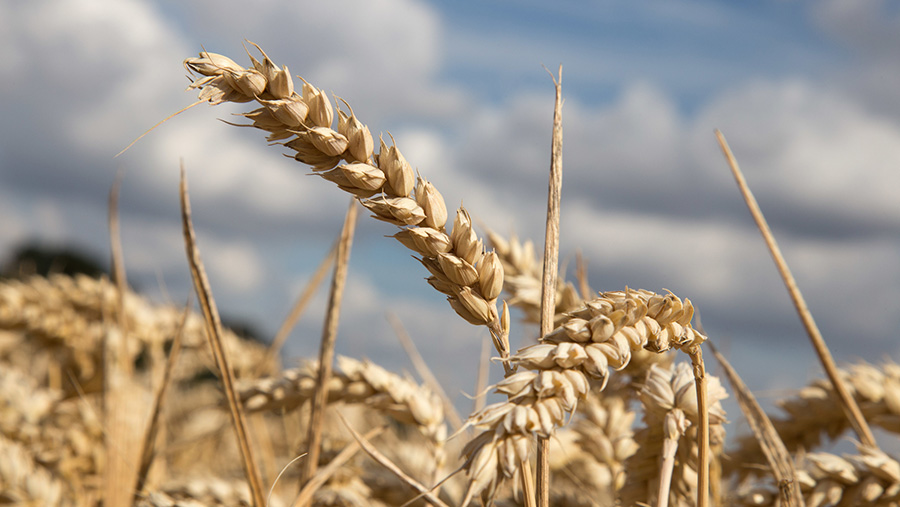Farm leaders attack ‘unjustified’ bid to extend neonics ban to wheat
 © Tim Scrivener
© Tim Scrivener Farm leaders have accused Friends of the Earth (FoE) of unfairly targeting agriculture after the charity stepped up its campaign against neonicotinoids by calling for a ban on their use in wheat crops.
The charity launched a report [PDF] at the Real Oxford Farming Conference on Thursday (5 January), claiming the use of Bayer’s clothianidin on wheat poses a threat to bees, butterflies and birds.
But Julian Little, spokesman for Bayer CropScience UK, which manufactures neonicotinoids, said any ban on the use of the pesticides on wheat crops would “make no sense at all” as the crop is not pollinated by honeybees.
NFU vice-president Guy Smith said any ban would be “unjustified” based on current scientific evidence.
See also: Study suggests neonics impair bees’ buzz pollination
FoE claims, however, bees can be harmed because more than 80% of the chemical leaches into the soil where it can be absorbed by other plants.
Friends of the Earth’s latest idea to limit the use of neonicotinoids on wheat is not justified by the available scientific evidence Guy Smith, NFU vice-president
“High levels of neonicotinoids have been found in wildflowers next to wheat crops, and can enter flowering plants attractive to bees if they are grown after wheat,” said FoE in a press statement.
“Bees can also be exposed to neonics due to dust drifting away from the crop when treated seeds are sown.”
Neonics ban
Three neonicotinoid pesticides were banned on flowering crops, including oilseed rape and sunflowers, in December 2013 after scientists linked their use to bee declines.
One of the restricted neonicotinoids, clothianidin, is widely used in wheat. Defra figures for 2014 show that clothianidin seed treatments were used on 721,872ha of wheat grown in the UK, or about 38% of the total wheat area.
The use of clothianidin in wheat crops is a critical tool against barley yellow dwarf virus (BYDV), applied as a seed treatment and/or spray. BYDV, a viral disease transmitted by aphids, was a significant problem in some arable areas last year.
Varroa mite
Bayer’s Dr Little said: “Bees survive on a combination of the carbohydrate which they get from the nectar from flowering plants and protein from pollen.
“What do we really believe the impact on this would be by banning it (neonics) on wheat? It makes no sense at all.
“The biggest impact on bee numbers is the effect of extreme weather and diseases, such as the varroa mite. If you take these factors into account, pesticides are just a tiny percentage of the problem. That is where the serious work has to be done, rather than blaming the nearest pesticide.”
Competitive disadvantage
NFU vice-president Guy Smith said: “Friends of the Earth’s latest idea to limit the use of neonicotinoids on wheat is not justified by the available scientific evidence and could have serious consequences for farmers’ ability to grow food sustainably.
“With no restrictions of this kind anywhere else in the world farmers would be put at an extreme competitive disadvantage without the use of neonicotinoids on wheat.”
Last month, 18 wildlife and environment groups, including the Royal Society for the Protection of Birds (RSPB), Soil Association, Greenpeace UK, the Woodland Trust and the Wildlife Trusts signed an open letter calling for the restriction on neonics to be kept and extended “to protect bees and other pollinating insects”.

